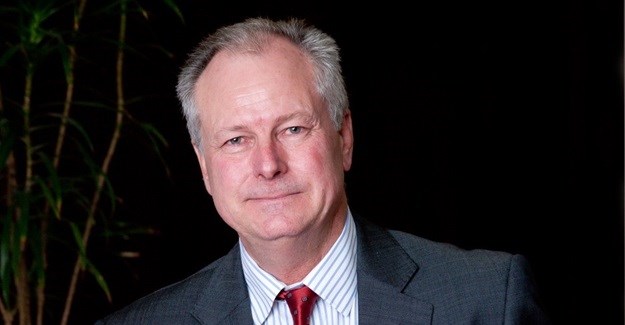
Top stories






More news

















Logistics & Transport
Uganda plans new rail link to Tanzania for mineral export boost









While the pitfalls of the tender system have been recognised by the National Treasury, and quality is being introduced into the tender evaluation process, this will take time to implement and filter through to all public departments. For now, price remains the bottom line. In these market conditions, managing change, developing a productive workforce and building a successful firm is certainly a challenge; but it can be done.
The first step to success is maintaining the company’s core values. No matter how the market changes, or how much the approach to business must be adapted, never compromise your standards. An established ethos provides a sound foundation, which drives the business from its core.
The second step is to remain relevant. To achieve this, remaining professional is essential, a customer focus is required, and innovation is key. Ensuring that pricing models are accurate, and that the right product is delivered to meet the customer’s needs, will ensure consistent growth. The correct standards must be met, sustainable infrastructure implemented, and environmental sensitivity fostered.
Remaining relevant also requires the development of skills and a focus on real experience. In engineering, you can’t learn experience. Patience is required, because each project is unique, offering new learning opportunities. Having completed one or two projects by no means develops an expert – it takes many years of dealing with the varying issues that arise in each distinctive project to build expertise. It is a continuous process.
In building a strong business, the third step is a keen management focus. By cultivating teams that put the project first, concentrate on what’s best for the project and the client, and ensure value engineering, success becomes inevitable. How staff are managed is critical. Employees are any business’ greatest asset – value them. Their wellness is key.
As an example, the JG Afrika management has built a strong family culture and reaps the benefits of that daily. By remaining proudly independent and South African, the business is strictly aligned to the continent’s culture, demographics and unique needs. In any organisation, management must be well versed in sound decision making processes, enabling fast, decisive action to be taken. Thanks to efficient decision making, the Jeffares & Green rebrand to JG Afrika took six months from conception to completion, including implementing a 51% empowered ownership structure and garnering buy-in from all staff, stakeholders and shareholders.
Effectively managing a diverse workforce is the fourth step to engineering business perfection. The most effective approach is an inclusive one, building an intimate culture that develops interpersonal skills, effective communication and team cohesion. Building trusting, mutually beneficial relationships creates understanding and cultivates a working environment that is enjoyable and sought after.
One of the key elements to managing diversity is taking cognisance the country’s history, the history of the staff, and their demographics. Sensitivity to different cultures and backgrounds, will aid in creating a culture of acceptance, appreciation and camaraderie.
The fifth and final step is managing change. Again, an inclusive approach is preferred over a dictatorial process. By discussing the alternatives and agreeing on a direction, staff are engaged, part of the process and more likely to support the decision going forward. Achieving 100% consensus is not always possible but, by utilising a democratic approach, buy-in is accomplished. By doing it right you end up getting it done right and, if you get it done right, then people are happy with what you have done.
No matter how well the process of change is handled, it can be unsettling. Support staff through change by keeping them informed, making them a part of the process and advising them if their suggested route was not taken, and why. An open door management policy works well, allowing staff to contribute their ideas, share their thoughts or communicate concerns.
Building a strong team will empower the business to succeed, and enable the manager to focus more on strategy and less on micro-management. The five key elements to building strong teams are: have a lot of time for your staff; always put the project first; ensure value, keeping up to date with latest industry standards; focus on developing your people, delegating, challenging them and creating excitement in the workplace; and remember that good always triumphs bad, so stick to your core values.